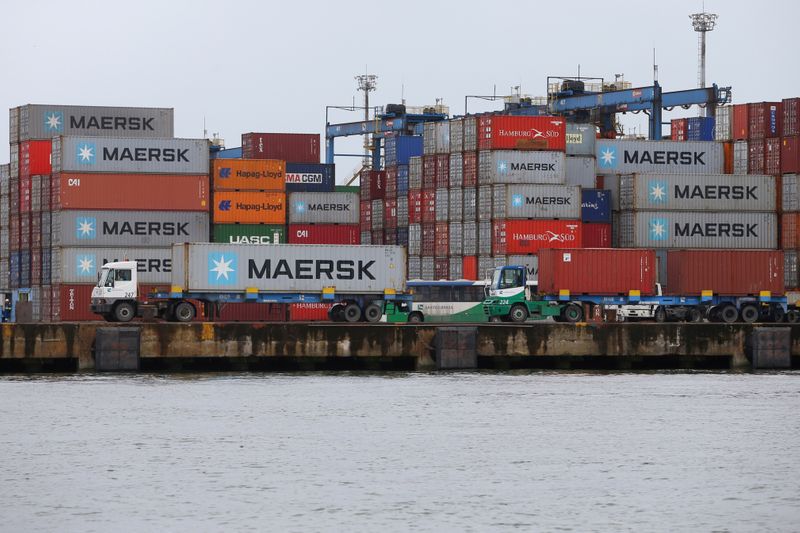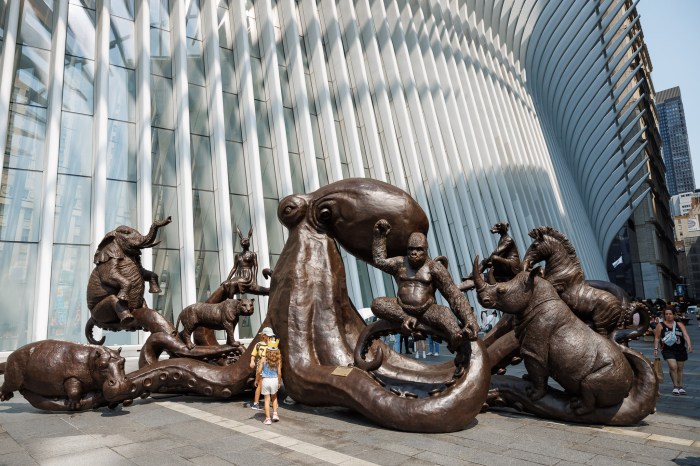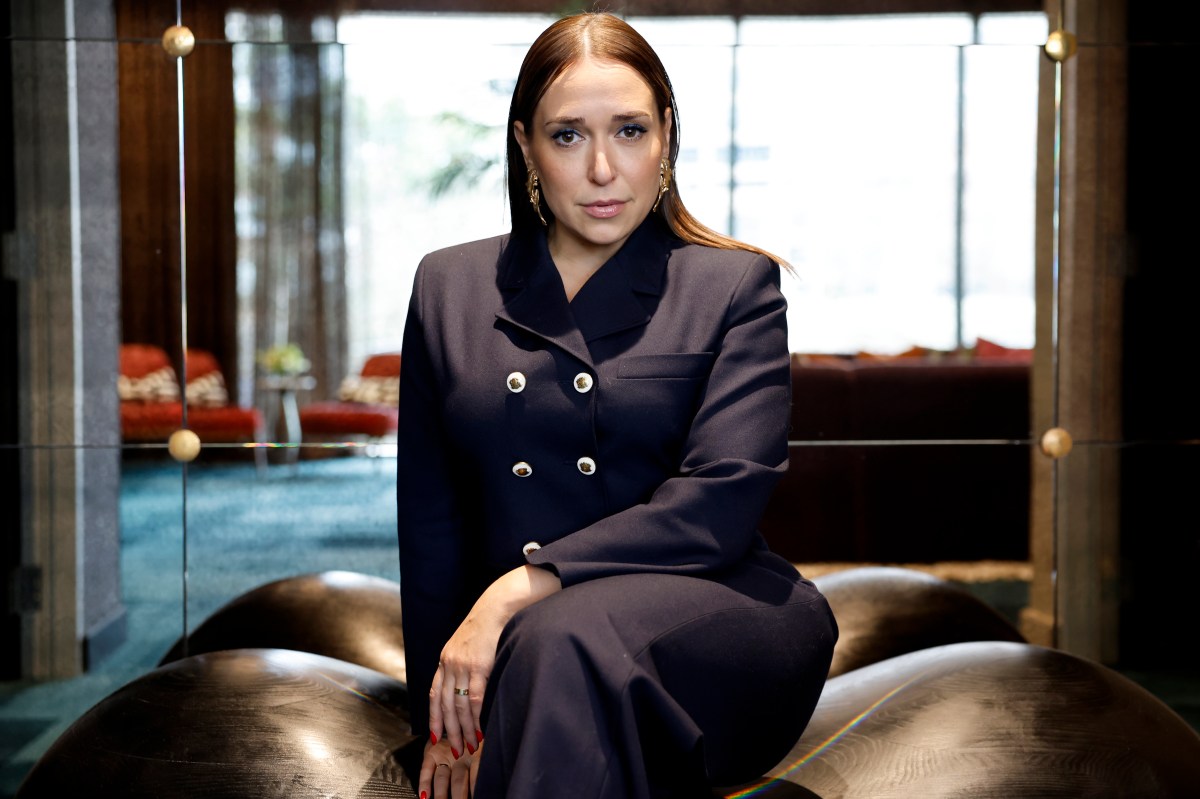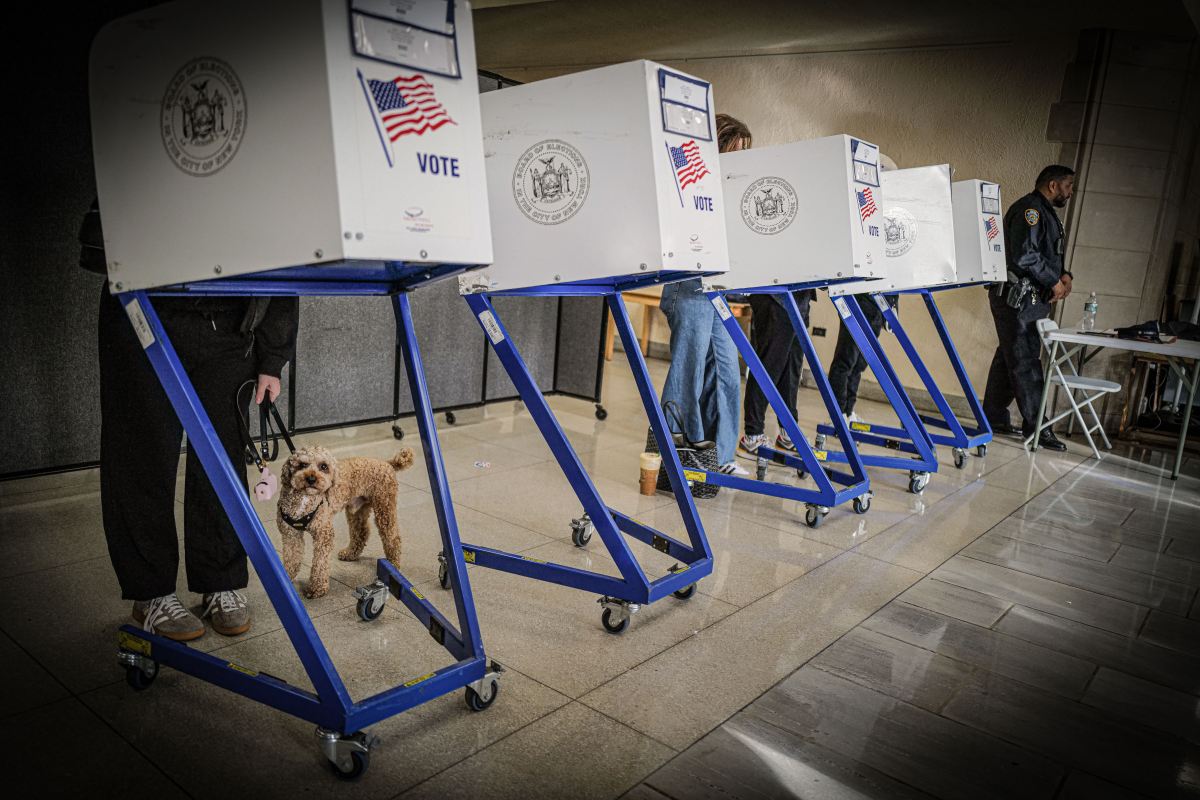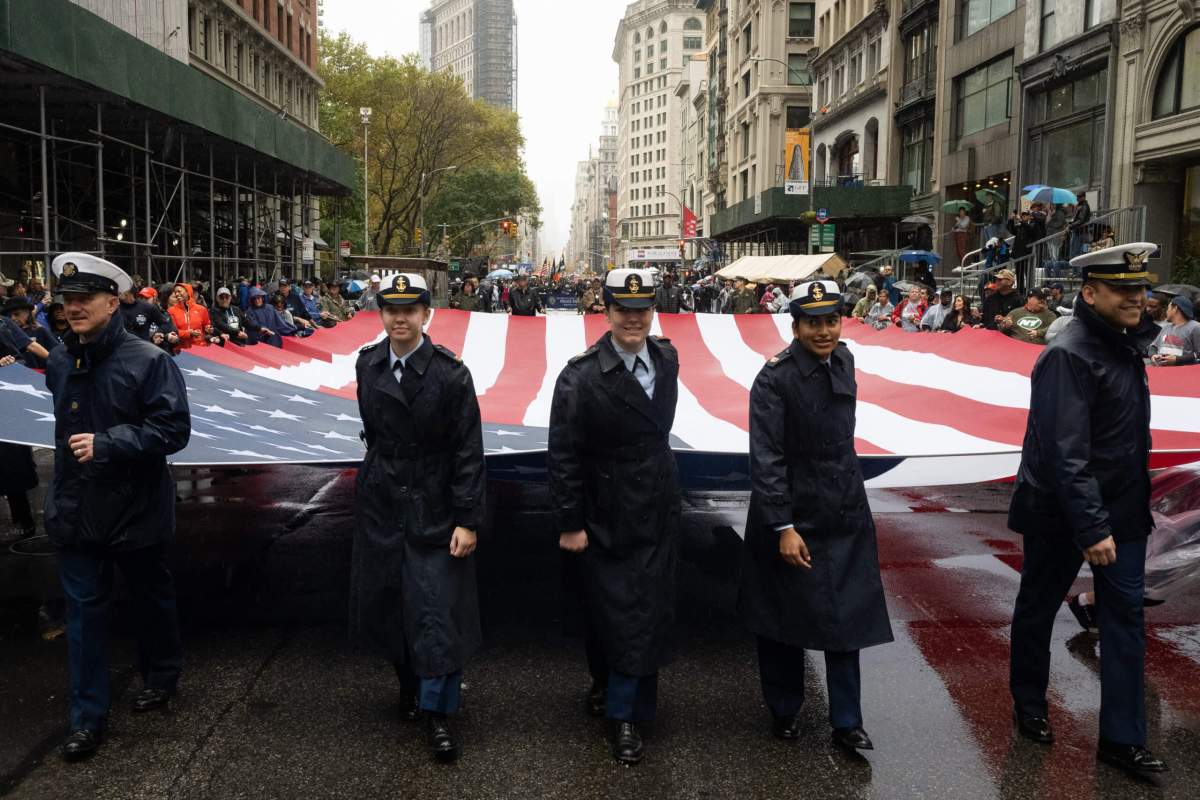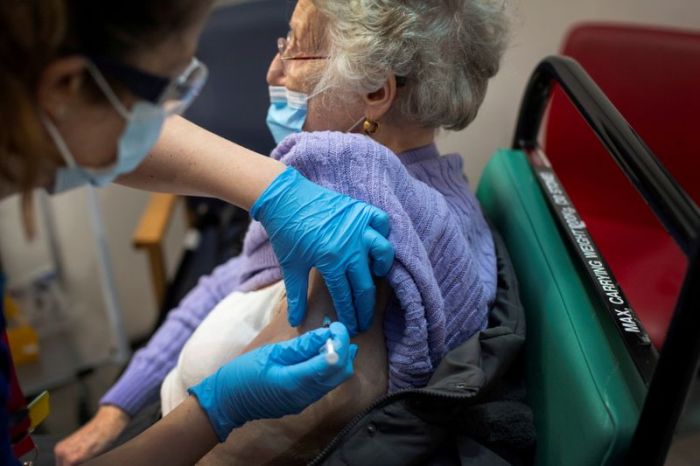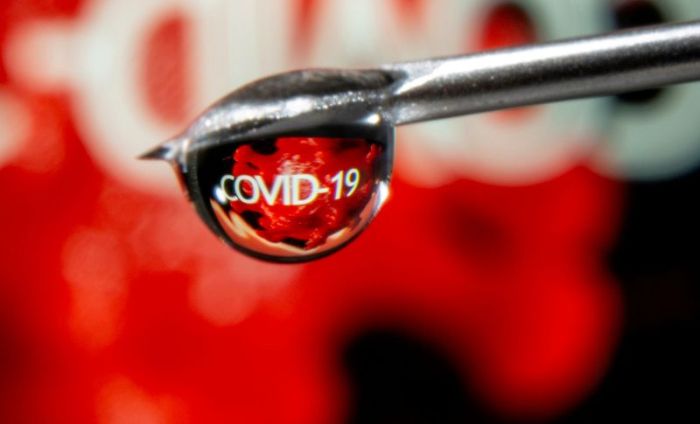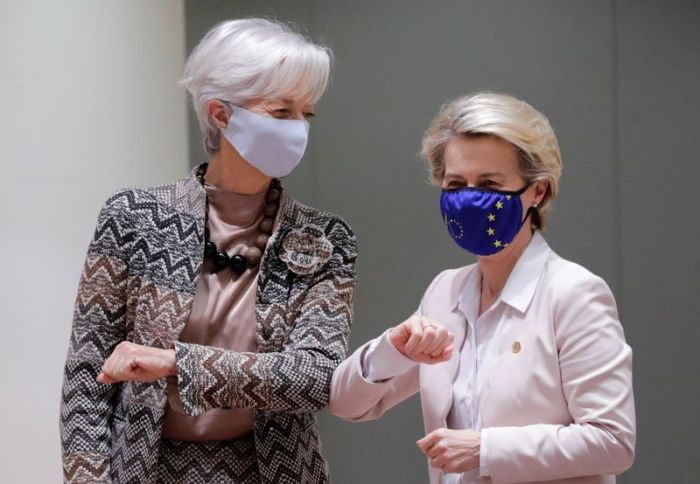By Gram Slattery and Sabrina Valle
RIO DE JANEIRO (Reuters) -Federal prosecutors in Brazil filed a civil lawsuit against Danish shipping company Maersk and former executives representing the firm for alleged corruption involving shipping contracts with state-run oil firm Petrobras, they said on Friday.
The lawsuit requests that a judge freeze almost 1 billion reais ($198 million) in assets in order to make sure funds are available to pay for damages resulting from the alleged scheme.
Prosecutors said there was evidence of bribe payments to Petrobras employees in exchange for privileged information that allowed Maersk to secure shipping contracts between 2006 and 2014. Former employees of Petrobras, formally Petroleo Brasileiro SA, were also included in the lawsuit.
“We take these allegations very seriously and remain committed to cooperating with the authorities during the investigation as well as running our business in compliance with anti-corruption laws in all operating locations,” Maersk said in an emailed statement.
The shipping company said the investigation is ongoing and that it will not comment further on the case.
Petrobras said it has been recognized by Brazilian authorities as the victim of an array of corruption schemes uncovered by prosecutors in recent years. It said it is assisting prosecutors with dozens of civil and criminal cases.
The civil lawsuit is the latest chapter in the sweeping corruption investigation known as Car Wash. Initiated in 2014, the probe has snared scores of politicians and business leaders in Latin America and beyond.
Recent phases of the probe have taken aim at multinational companies based outside Brazil.
Last week, prosecutors took a similar action against oil trader Trafigura for allegedly bribing Petrobras employees in order to secure fuel shipments.
In August, Brazilian prosecutors pressed criminal charges against two individuals involved in the alleged Maersk bribery scheme.
In Brazil, prosecutors can press criminal charges only against individuals, and companies are subject only to administrative sanctions, which can include fines.
(Reporting by Gram Slattery and Sabrina Valle in Rio de JaneiroEditing by Franklin Paul and Matthew Lewis)

